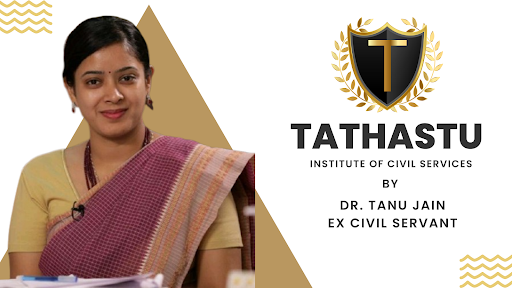UPSC Syllabus serves as a roadmap for candidates preparing to take the Civil Services Examination. It helps identify topics they should cover in their preparation process.
Preliminary Examination encompasses an expansive syllabus. Many topics overlap with those featured in Mains examination, giving aspirants an edge.
Preliminary Examination
The preliminary examination for the UPSC Civil Services Exam is an objective-based test consisting of two papers. General Studies I covers topics like Geography, History, Art & Culture, Indian Polity, Economy Science & Technology while Civil Service Aptitude Test tests your ability to solve problems, analyze data as well as your knowledge of current affairs – plus your writing in English abilities!
Aspiring candidates should begin their preparatory studies early for the preliminary examination in order to increase their chances of success. They should familiarize themselves with the syllabus and carefully assess each subject area to gain a fuller understanding of their strengths and weaknesses before creating an efficient study plan that utilizes their time efficiently.
The preliminary examination is an integral component of any recruitment process. It acts as a screening test to ascertain eligibility for the main exam; which comprises nine papers including two subjective ones and several optional subject papers to give candidates more choice when choosing topics relevant to their graduation or areas of interest. Final selection will depend upon both performance in the main exam and interview – in order to succeed, candidates should prepare both written and oral components of this examination in advance.
Main Examination
The UPSC Main Examination comprises nine papers and represents the second stage in civil service exams. It comprises five General Studies papers and two language exams; successful completion will significantly boost one’s merit evaluation; however, effective preparation strategies are key to its success – make sure to have an in-depth knowledge of its syllabus as well as dedicating enough time for writing practice!
GS Paper I of the main examination covers various subjects related to history, geography, economics and political science. It is objective in nature and lasts two hours with incorrect answers incurring 1/3rd mark deduction. Additionally, an English Language Test worth 60 marks assesses reading comprehension and writing ability; to prepare properly it is crucial that one fully comprehends and prepares accordingly according to UPSC Syllabus 2024 for this stage.
Candidates who pass both prelims and main exams will be invited for an interview known as a Personality Test conducted by an impartial panel of observers. Its main goal is to assess a candidate’s suitability for civil services employment by covering an array of issues; carrying 275 marks as part of its score will contribute significantly towards ranking candidates at final.
Optional Subjects
Civil Services Exam is a challenging, extensive exam that requires dedication and hard work from candidates. Selecting appropriate optional subjects that reflect one’s background or academic strengths can enhance performance and confidence during exam day.
As well as considering the subject’s scope, consider choosing an optional subject that covers an expansive area – for example history or geography will save time when selecting optional courses – and opting for those which cover multiple fields such as General Studies such as history, political science & international relations, geography sociology and public administration.
Another factor worth taking into account when choosing subjects is how difficult they are to score marks in. Though less significant, this consideration should still be made; for example, math might be easier to score marks in than literature for instance.
Before selecting an optional subject, it is wise to carefully read its syllabus and previous question papers from previous years to gauge whether it fits both your interests and abilities. Also ensure that enough study can be accomplished within your deadlines.
Time Management
Aspiring IAS officers can realize their dream by mastering time management. A structured study plan helps break down a large syllabus into manageable sections and sets aside enough time for revision, an essential step toward success. A dedicated schedule also reduces stress levels while offering a sense of control, keeping aspirants focused and motivated throughout preparations for success.
Breaks and leisure time are crucial components of productivity improvement and should not be neglected when studying for Civil Services examination. Candidates should strive to minimize distractions such as social media and mobile phones during study hours, setting aside a block of time each day for newspaper reading or watching and regular exercise as well as adequate sleep can increase productivity significantly – this ensures success! A positive outlook and dedication are the hallmarks of success on exam day!
Time management is also key in successfully preparing for an UPSC examination. Candidates should ensure that they set aside enough time for each of their GS and Optional subjects, considering individual strengths and weaknesses as they allocate study sessions accordingly. Furthermore, setting realistic goals while making use of additional resources to supplement study sessions will aid their preparation process.
Aspirants should take full-length mock tests regularly to track their progress and develop their performance, with these strategic techniques optimizing preparation efforts and increasing chances of passing the exam.


